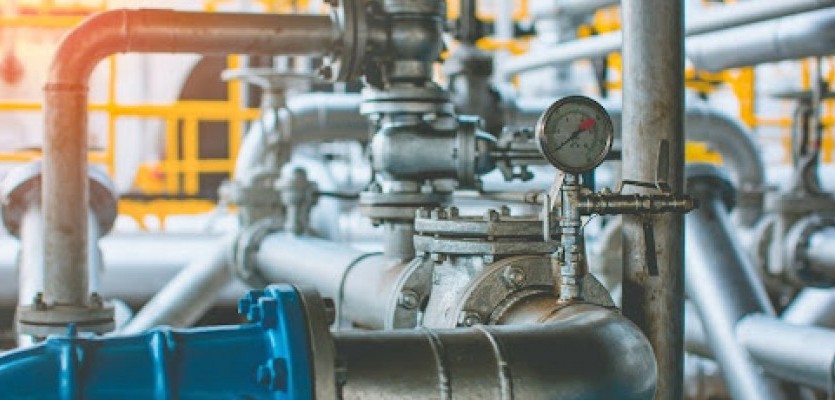Free UK Shipping over £100
Fast Shipping
Worldwide Shipping
Technical Sales Team

Process control valves are used to manage the flow rate of a liquid or a gas and in-turn control the temperature, pressure or liquid level within a process. As such, control valves are defined by the way in which they operate to control flow and include globe valves, angle seat, diaphragm, quarter-turn, knife and needle valves, to name a few.
In most cases the valve bodies are made from metal; either brass, forged steel or in hygienic applications 316 stainless steel.
As such, control valves are defined by the way in which they operate to control flow and include globe valves, angle seat, diaphragm, quarter-turn, knife and needle valves, to name a few. In most cases the valve bodies are made from metal; either brass, forged steel or in hygienic applications 316 stainless steel.
Control valves are one of the most common, but also most important, instruments in the plant. By regulating the fluid flow in connected pipes, valves can achieve desired operating parameters, thereby ensuring smooth and efficient operation.
Flow control valves can serve a number of different functions within a flow system depending on the specific type that is used and the application.
One of the most simple uses of a manual flow control valve is to regulate the speed of motors or cylinders within the system. This function is possible due to the capability of a flow control valve to affect the rate of energy transfer at any given point in a system by impacting the flow rate.
The ability to reduce or increase pressure/flow in a system has many applications.
From simple consumer applications such as showers, faucets, and lawn watering systems to easily reduce the amount of water consumed without impacting the overall system performance, to more more heavy duty industrial applications in fully automated systems such as Steam or chemical dosing systems.
Our range of Flow control valves are known for their reliability and typically have a long operating lifetime. Due to these flexible performance parameters, flow control valves have found wide use in applications across materials handling, food processing, and automated factory and warehouse equipment.
Here are some key factors to consider when selecting a process valve…
Choose the right valve type. Every valve needs to be perform one or more basic functions:
It is important to know the chemical compatibility requirements. The valve materials need to be compatible with the gases or liquids flowing through it. Plastic valves usually resist harsh or corrosive chemicals better than metal valves.
Determine the pressure and temperature requirements. Find out both the temperature and pressure ranges where the valve will be installed.
Metal valves tend to withstand higher temperatures and pressures than plastic valves. Metal valves are also usually best for pressurised gases. This is because they tend to be stronger than plastic valves.
Address the minimum and maximum inlet and outlet pressures that a valve is expected to handle. This will help you understand the flow control characteristics of the valve.
Ensure that the valve chosen offers consistent control across various temperature or pressure ranges.
Also, do you need equal or linear percentage or other characteristics. Understand that these flow characteristics will vary across different processes, and the valve must be able to assure stability across all conditions.
Owing to the criticality of the process environment, many processes require remote control and monitoring. It is important to ensure that the valve chosen complies with the remote process management systems.
What type of fluid will be transferred at your processing plant? The control valves are designed for controlling the flow of media such as natural gas, compressed air, steam, liquefied petroleum, gasoline, hydraulic fluid, slurry, and water.
So, it needs to be ensured that the valve works perfectly for the application fluids.
Most industrial processes are conducted in ambient, harsh environments; so, if the chosen valve is unable to meet these diverse requirements, then it may fail to serve the purpose.
You need to check if the valve can withstand the extremes and minimums as well as upset conditions, and can operate virtually.
Take a look at our range of Valves online
Contact our technical sales advisors here.
Our team of engineers are fully equipped to provide bespoke system design and manufacture.
This process involves specifying, procuring, calibrating and maintaining instrumentation and control systems for industrial and commercial process control applications.
Call our technical sales team for advice

This site uses cookies to monitor site performance and provide a more responsive and personalised experience. You must agree to our use of certain cookies. For more information on how we use and manage cookies, please read our Privacy Policy.